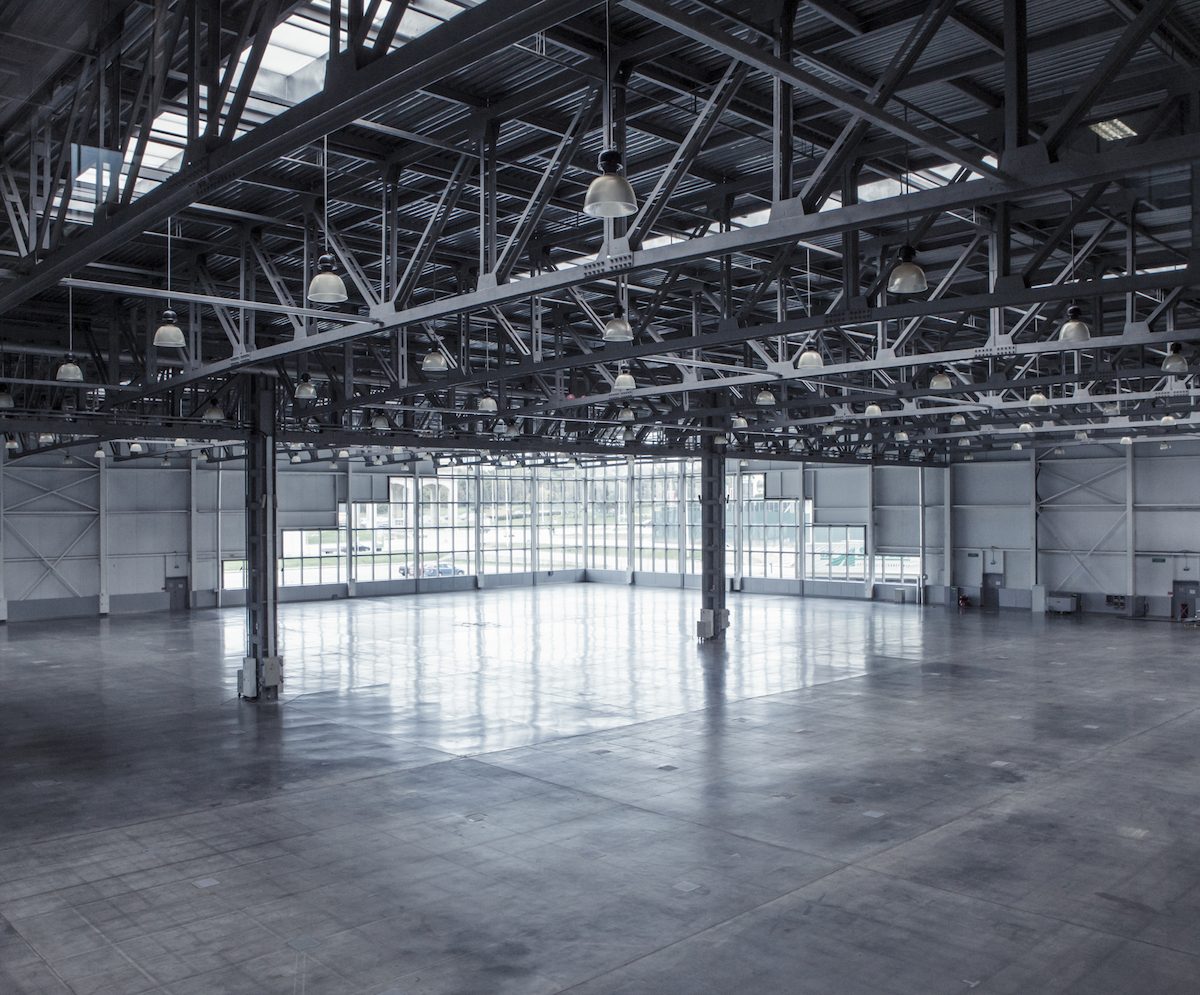Why you might need concrete sealer

Concrete is a very strong material that has the potential to last many generations. Like anything else, however, it requires the proper maintenance and care to reach that potential. Sealing concrete can help extend its life and protect it from staining and other damage.
What should be sealed?
Any concrete surface that is exposed to the natural elements could be in danger of damage from water, erosion, abrasion, and staining.
Absorbing water is dangerous in multiple ways as it can lead to mold and cracking. Since concrete is porous, it tends to pull in moisture. Cold weather can cause the water to expand as it freezes, which creates pockets and cracks in the concrete. If the water thaws and refreezes, the cracks widen. If the water thaws and freezes again… you get the picture.
Concrete in parking garages, parking lots, and driveways is not only exposed to the weather, but also to cars and harmful chemicals. Concrete can be weakened, stained, and damaged by oil, lubricants, other fluids leaked by vehicles, and even UV rays from the sun. That’s right, sealer is like sunscreen for concrete.
Concrete must be able to withstand the constant wear and tear of tires under the weight of multiple-ton machines rolling around all day and night. Unsealed parking garage walls and floors start to crack, chip, and flake much earlier than if they are sealed.
Whether your concrete needs a visual improvement or structural enhancement, sealant is the way to go. This includes exterior brick and stone, facades, floors, walls, roadways, and parking locations.
Types of sealer
Concrete sealant is broken down into two basic groups: topical and penetrating.
Topical sealer is used to make concrete visually appealing. This is the shiny or wet-looking surface used for floors, countertops, and decorative concrete. Acrylic is the cheaper option. Epoxy and urethane are more expensive. Both have their benefits and practical applications. Water-based epoxy, for example, is used for concrete countertops.
Penetrating sealer is used when more water repellence and lower maintenance are required. This type of sealer doesn’t do much as far as altering the surface friction like topical sealer does, but it doesn’t wear away unless the concrete itself wears out. The size of the molecular compound in each type of sealant should be matched with how porous the concrete is, which can vary depending on the ingredients within the concrete.
If you have questions or concerns about your concrete and sealing needs, contact JK Industries, Inc. today for more information about our services.
